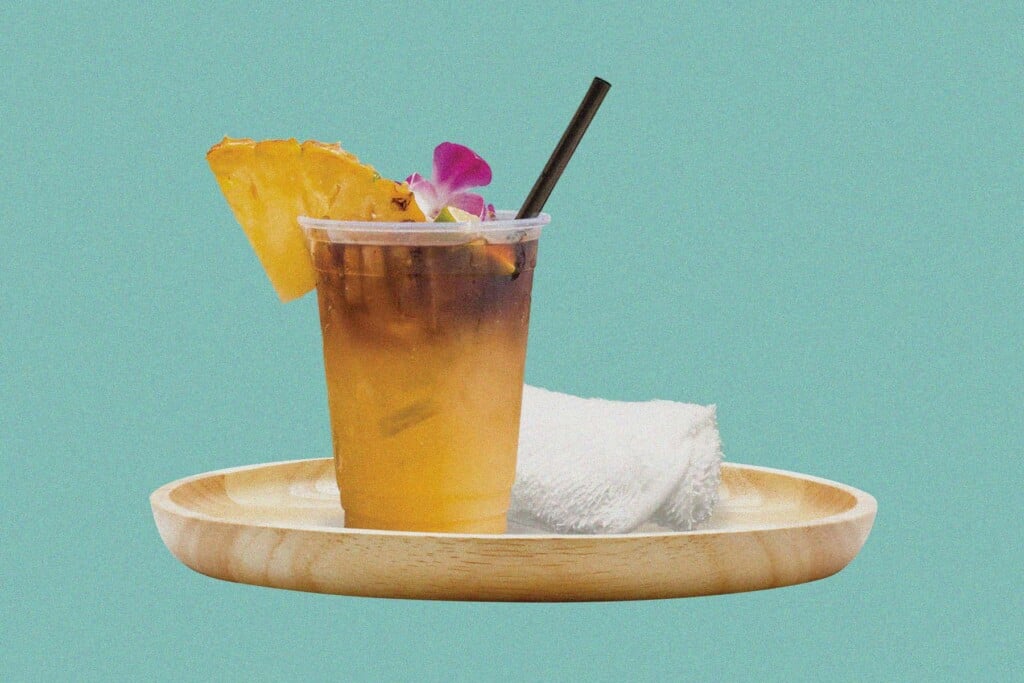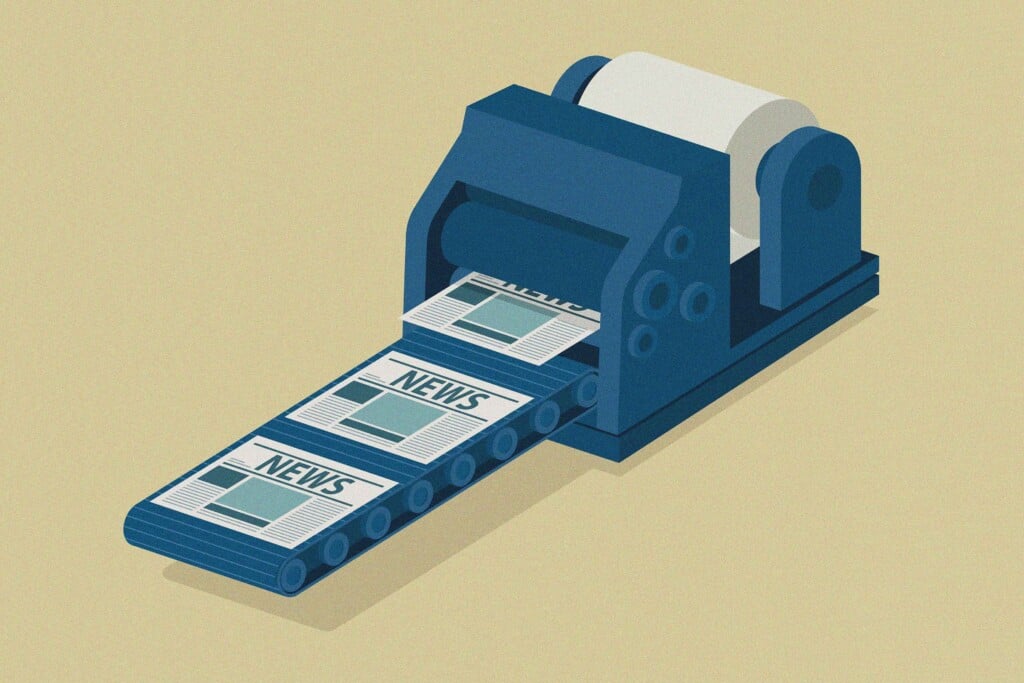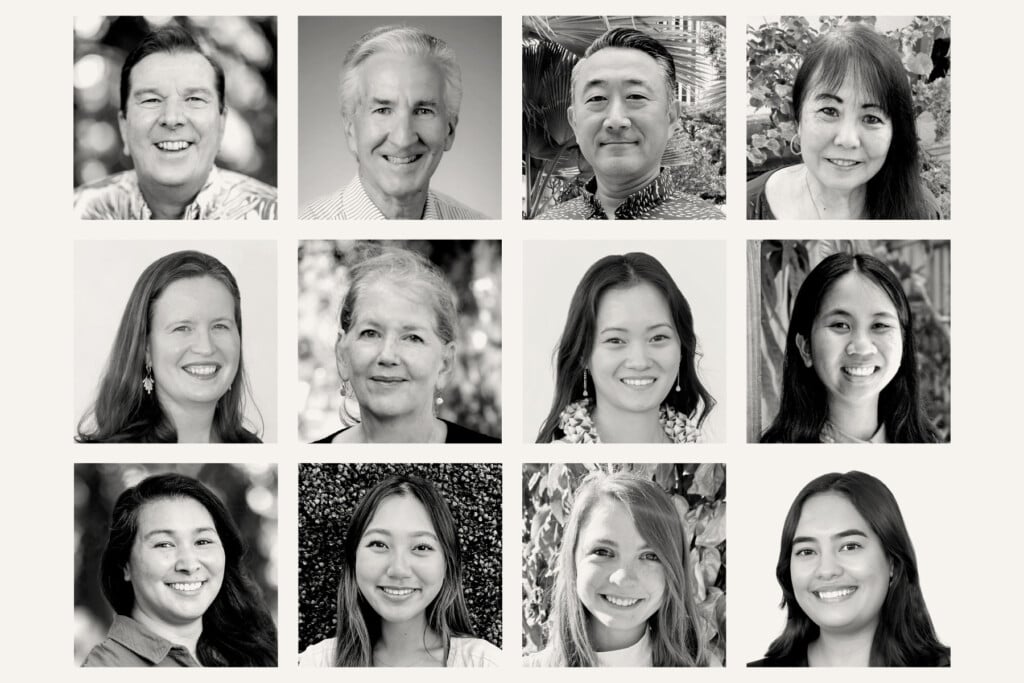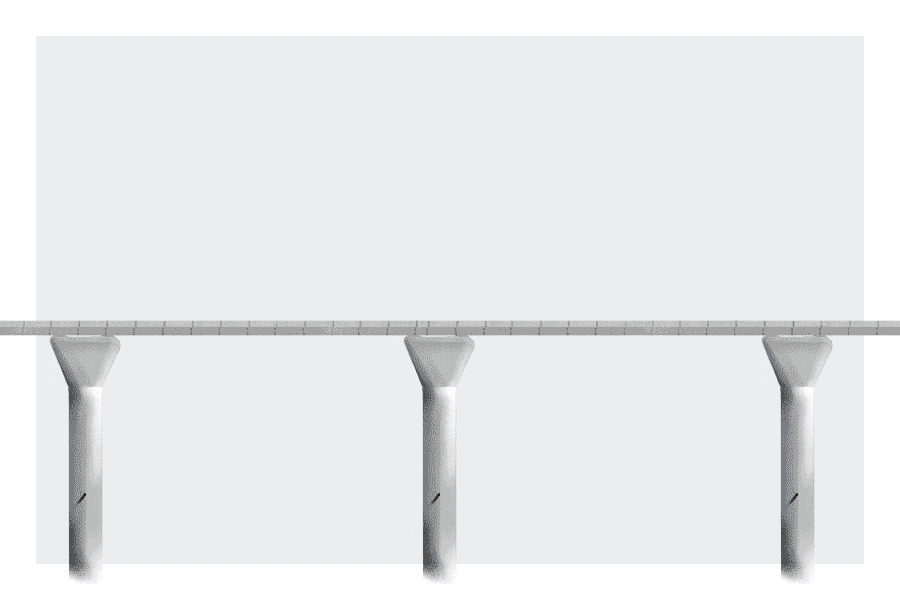How to Elevate Customer Service with Japan’s Kikubari
Kikubari means “to share one’s spirit,” and the model can be adapted to Hawai‘i’s hospitality industry, or any company.

Hawai’i visitors to Japan revel in hotels, department stores and restaurants staffed by employees who aim to please. The visitors return to the Islands with wondrous “only in Japan” stories.
But impeccable customer service doesn’t have to be limited to Japan. Hawai‘i employees can be trained to provide that same level of service – the kind that satisfies customers and helps all kinds of businesses grow, not just hospitality companies.
A key Japanese customer service concept is kikubari, based on the centuries-old Japanese tradition of inn hospitality. “Ki” (気) is defined as spirit and “kubari” (配り) means distribution or sharing.
Thus kikubari means “to share one’s spirit” with others – not serving customers in the Western sense, but more like anticipating guests’ unspoken desires.
An example is a visitor to a Japanese hotel on a hot summer day. Sitting in the lobby, the visitor is sweating and tired. Wordlessly, a hotel desk clerk brings a glass of iced green tea and a fresh oshibori (cold towel) to the visitor.
Americans would say: “You read my mind.” In Japan, it is an expression of kikubari.
Customers’ wants are satisfied before they ask. It is a “high touch,” relationship-based art, since kikubari requires observation and knowledge about customers and insights into their personal desires. It’s not a “sales” technique.
Kikubari can be taught to American employees. In kikubari workshops I held for an East Coast client, I began with the participants’ families. Since kikubari is about developing “antennae” for reading other people’s minds and hearts, my client’s employees observed and listened carefully for clues to what makes others happy in their own households.
Over time, family relationships improved greatly. The employees progressed to their workplace to anticipate colleagues’ desires. They did this by intensely listening to their co-workers during coffee breaks – which led to deeper understandings of others’ work roles.
In this step-by-step approach, the goal was for workers to collaborate beyond the silos of their job descriptions and departments to solve customer problems.
Many Americans believe it is beyond their pay grade to respond to large customer problems. But under kikubari’s precepts, staff members do whatever is required for the customer. Even in a crowded Tokyo restaurant the top chef takes orders from diners.
One kikubari principle is that no task is too small or too big if it results in greater positive customer experience – whether it is bringing iced tea or leveraging the entire firm.
A large construction firm asked my engineering services client to do a project that involved hundreds of new hires – unprecedented for my client. A middle manager headed up some innovative recruiting programs, and eventually all the required job site workers were hired.
The manager was not in HR yet led HR to help solve the customer’s problem. And everybody else in the firm who worked together without pushback helped too, thus launching my client’s spectacular growth.
Kikubari is traditionally linked to staff-guest interactions in the hotel, hospitality and retail sectors, yet all firms, including B2B companies, can leverage kikubari to grow new business.






